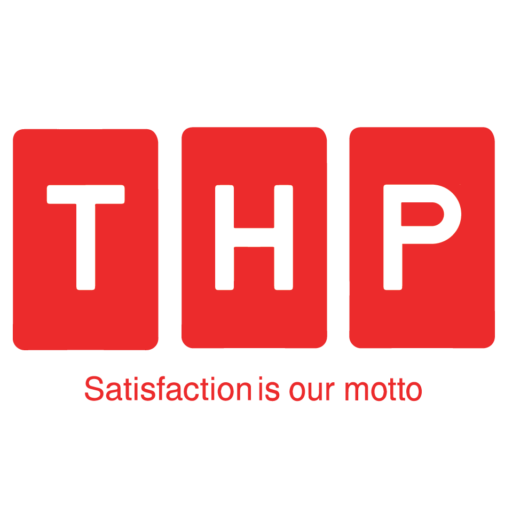South Korean Prime Minister Han Duck-soo has committed to further expanding the scale of non-refundable aid to various sectors in Vietnam during talks with Vietnamese Prime Minister Pham Minh Chinh Tuesday.
 |
|
Vietnamese Prime Minister Pham Minh Chinh (L) and his South Korean counterpart Han Duck-soo in Seoul, July 2, 2024. Photo by Nhat Bac |
Highlighting Vietnam’s crucial role in South Korea’s foreign policy, including the Indo-Pacific Strategy and the Korea-ASEAN Solidarity Initiative (KASI), PM Han said the Southeast Asian nation is Korea’s top partner in development cooperation, third largest trading partner, and largest investment partner in the Association of Southeast Asian Nations (ASEAN).
Chinh affirmed Vietnam supports South Korea’s development policies and goals, including the “global pivotal state” policy, and wants to enhance the bilateral comprehensive strategic partnership toward effectiveness and practical outcomes.
The Vietnamese leader outlined eight areas of progress since the upgrade of the bilateral relations to the comprehensive strategic partnership in December 2022, namely political trust, trade-investment, tourism, science-technology, labour, people-to-people exchanges, locality-to-locality cooperation, and collaboration on regional and international issues.
Both leaders agreed to step up all-level exchanges and interactions through the Party, State, Government, parliamentary, and grassroots channels. They also concurred to strengthen cooperation in defence-security and effectively implement the action programme for the Vietnam-RoK comprehensive strategic partnership.
Underscoring economic cooperation as a key pillar of the relations, the two leaders were committed to achieving the goal of US$100 billion in bilateral trade by 2025 and US$150 billion by 2030 in a balanced and sustainable manner. They said related procedures of both sides will be expedited to open their respective markets for Vietnamese pomelos and Korean melons this year.
Han called for Vietnam’s active support in resolving issues faced by Korean businesses in Vietnam and pledged to help Vietnamese companies integrate deeper into South Korea-led supply chains in the Southeast Asian nation. He suggested enhancing cooperation to promote investment by Korean firms in building stable core mineral supply chains.
The Korean leader noted that the country prioritizes assistance for Vietnam in industrial human resources training through the Korea International Cooperation Agency (KOICA)’s non-refundable aid, with commitments to expand the scale of such funding in public administration, e-government, education, and R&D, and to increase the quota for Vietnamese workers. South Korea will also support the second phase of the Vietnam-Korea Institute of Science and Technology (VKIST) project.
Thanking his guest’s invitation to visit Vietnam and attend the Partnering for Green Growth and the Global Goals 2030 (P4G) Summit in April 2025, Han said South Korea will support Vietnam in successfully organizing the event.
Chinh urged South Korea to further open its market for Vietnamese processed foods, agricultural and aquatic products, and seasonal fruits. He encouraged Korean companies to expand investment in Vietnam, particularly in LNG, digital economy, green economy, circular economy, semiconductors, renewable energy, biotechnology, and AI. He also proposed South Korea build more R&D centers in Vietnam.
Both leaders agreed to enhance cultural, tourism, educational, and people-to-people exchanges.
The Vietnamese PM proposed South Korea support the opening of a Vietnamese Consulate General in Busan this year and the establishment of a Vietnamese cultural centre in the East Asian nation. He also suggested simplifying visa procedures and moving towards visa exemption for Vietnamese citizens, increasing scholarships for Vietnamese students, and supporting the Vietnamese expatriate community’s stable and long-term life in South Korea.
The two PMs discussed international and regional issues of mutual concern, agreeing to cooperate closely at multilateral forums such as the United Nations and ASEAN.
They shared a vision on ensuring security, safety, and freedom of navigation and aviation in the East Sea, and affirmed their support for the settlement of disputes via peaceful measures and in accordance with international law, including the United Nations Convention on the Law of the Sea 1982 (UNCLOS). PM Chinh asserted that Vietnam consistently backs denuclearization, dialogue, peace, stability, cooperation, and development on the Korean Peninsula.
Following the talks, the leaders issued a joint press release and witnessed the signing of nine cooperation agreements between Vietnamese and Korean ministries and agencies in economy, trade, investment, education, development cooperation, startup ecosystems, competition, and consumer protection.
